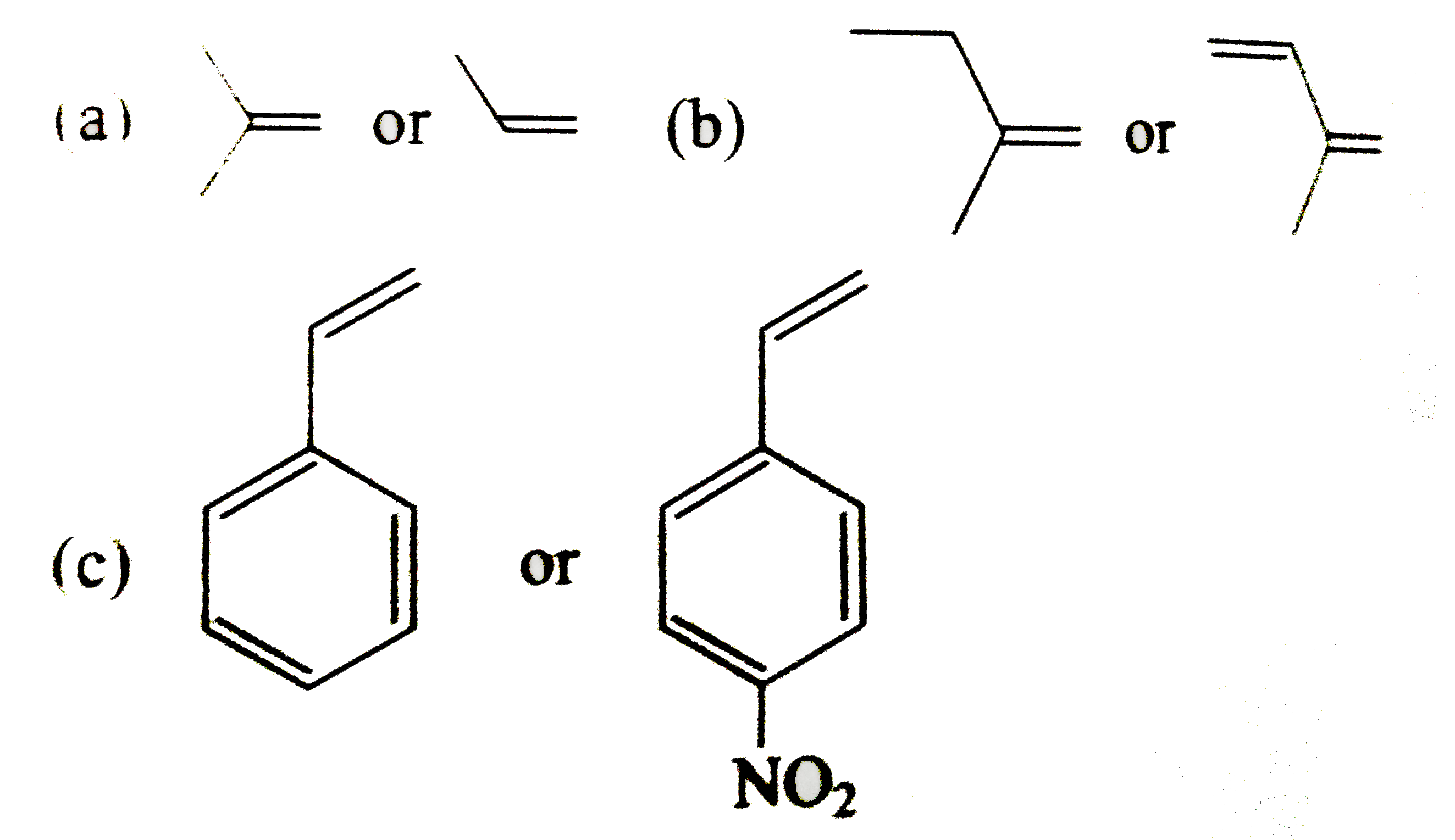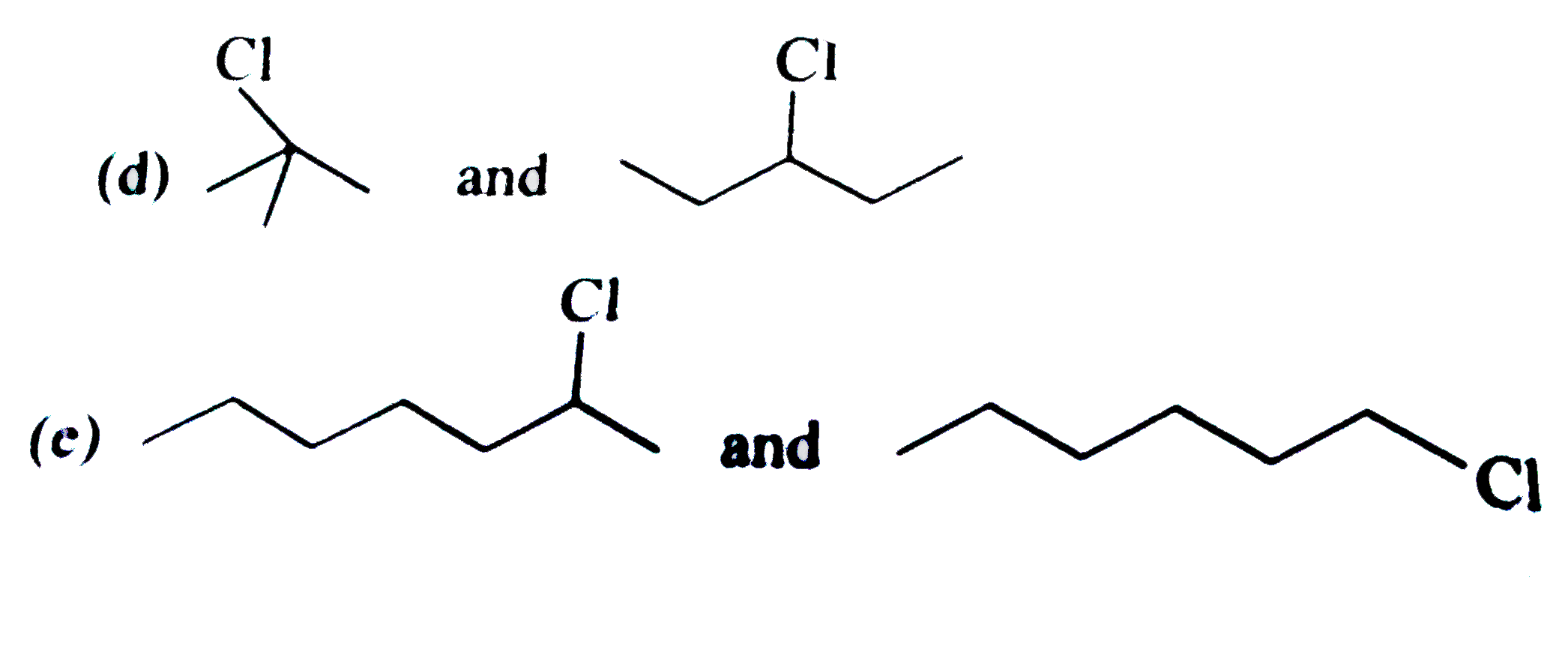Statement-I: Polar solvent slows down SN2 reaction.
Because Statement-II: CH3−Br is less reactive than CH3CI.
The correct Answer is:3
Step by step video, text & image solution for Statement-I: Polar solvent slows down S_(N^(2)) reaction. Because Statement-II: CH_(3)-Br is less reactive than CH_(3)CI. by Chemistry experts to help you in doubts & scoring excellent marks in Class 12 exams.
Updated on:21/07/2023Topper's Solved these Questions
Similar Questions
Knowledge Check
Statement-I:Primay benzylic halides are more reactive than primary alkyl halides towards SN1 reaction.
Because Statement-II: Reactivity depends upon the nature of the nucleophile and the solvent.AStatement-I is True, Statement-II is True, Statement-II is a correct explanation for Statement-IBStatement-I is True, Statement-II is True, Statement-II is NOT a correct explanation for Statement-ICStatement-I is True, Statement-II is False.DStatement-I is False, Statement-II is True.Assertion: SN1 reactions are generally carried out in polar protic solvents (like water,alcohol, acetic acid etc.)
Reason: C6H5CH(C6H5)Br is less reactive than C6H5CH(CH3)Br in SN1 reactions.AIf both assertion and reason are true and reason Is the correct explanation of assertion.BIf both assertion and reason are true but reason is not the correct explanation of assertion.CIf assetion is true but reason is false.DIf both assertion and reason are false.Br has low reactivity in CH2=CH−Br because :
AThe C−Br bond has a partial double bond characterBof the +M effect of bromineCBr is electrongenagtiveDnone of the above
CH3CH2I is more reactive than CH3CH2Cl towards KCN.
View SolutionWhich compound in each of the following pairs will react faster in SN2 reaction with −OH :
(i) CH2Br or CH3I (ii) (CH3)3CCI or CH3CI ?
View Solution(i) State which compound has a faster rate of reaction with HCI.

(ii) In the following pairs of halogen compounds which compound undergoes fasterSN1 reaction ?

(iii) In the following pairs of halogen compounds which compound undergoes faster SN2 reaction with .−OH ?
(f)CH3Br or CH3I(g)(CH3)3C−CI or CH3CI
View SolutionWhich compound in the following pairs will react faster in S2N reaction?
(a). CH3Br or CH3I
(b). (CH3)3CCl or CH3Cl
View SolutionStatement-I: CH3−O∣∣C−CH2−O∣∣C−CH3 is more acidic than CH3−CO2H
Statement-II: Above active methylene hydrogen is less acidic than carboxylic acid.
View Solution